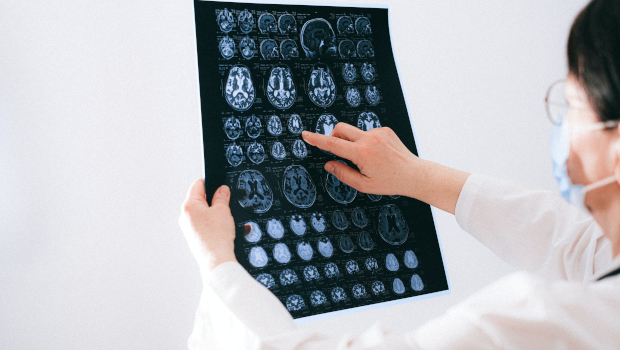
Adapt study breaks new ground on stroke prediction
Researchers from Science Foundation Ireland’s Adapt centre, have made a ground-breaking discovery for stroke prediction in people under 60.
Led by Dr Elizabeth Hunter and Prof John D. Kelleher, the findings are part of the Horizon 2020 research project Precise4Q, recently published in the Frontiers of Neurology Journal.
Stroke is one of the leading causes of mortality worldwide. Research shows that the annual direct medical costs for stroke in 2012 was $71.55 billion. This does not include the indirect cost to life and loss of time to work for those suffering from it.
Ischemic stroke occurs when a blood clot blocks the blood flow in an artery in the brain and it is one of the leading causes of mortality worldwide. The novel platform has the potential to impact millions of people at high-risk of ischemic stroke and will pave the way for the prediction and treatment of ischemic stroke in unprecedented ways for younger populations.
“Age is a critical risk factor in stroke prediction,” said Prof Kelleher. “However, unless we are careful in terms of how age is used to predict stroke risk then age can dominate the information that comes from other risk factors.
“Another aspect that we need to consider in predicting stroke risk is that not all risk factors contribute proportionally to stroke risk by age. We created a set of models that can predict individual risk of stroke by age group. This research shows that by creating different risk models for different age groups we are better able to model the contribution from multiple factors to stroke risk that is appropriate for each age category.
“Using this separate model by age group we are better able to predict and identify younger individuals with a high risk of stroke as compared with using traditional stroke risk prediction models.”
“This study is one of our many efforts in combining the available health data in stroke patients to create models that better aid medical professionals advising and treating patients at highest risk of stroke,” said Prof Kelleher. “Predictive models will enable us to be preventative in a way, and if data can help achieve this reality, it would be a giant stride for both the medical as well as the data disciplines.”
TechCentral Reporters







Subscribers 0
Fans 0
Followers 0
Followers